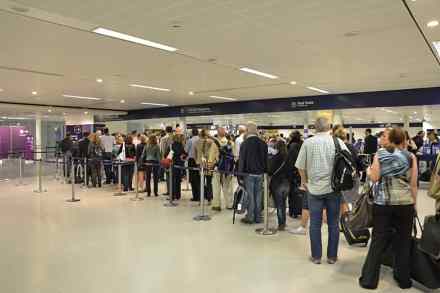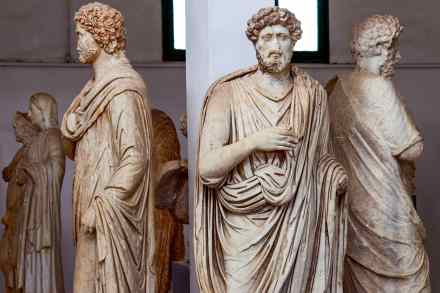Why no one wants their holiday to last forever
I have been on holiday for two weeks. Well, not quite. You see, a bloke I once met told me that, when you take a long holiday, it’s good to work for a couple of days in the middle, as the contrast will cause you to enjoy your holiday more overall. Since the bloke in question was the psychologist and Nobel laureateDaniel Kahneman, I decided to try this. Unexpectedly, it worked. The principle derives from an idea labelled ‘hedonic adaptation’: the notion that our level of happiness will return to a baseline over time, regardless of circumstances, when our environment remains constant. Put bluntly, it explains why nobody lives permanently





















